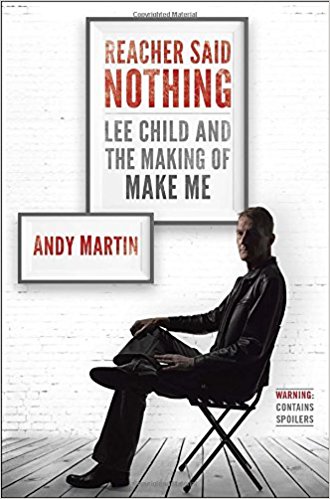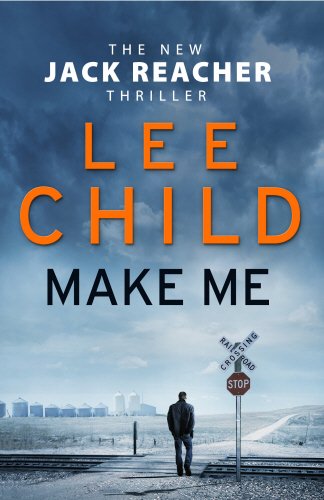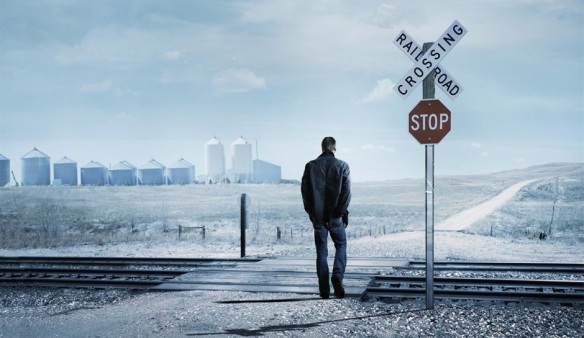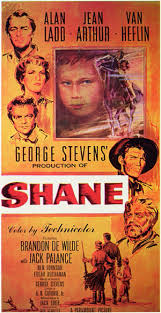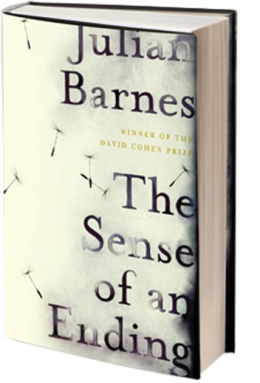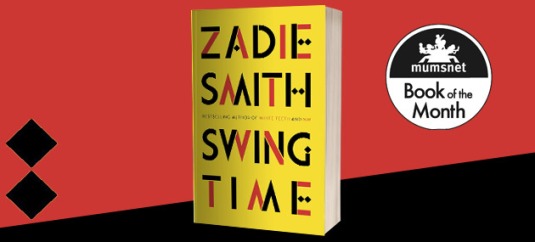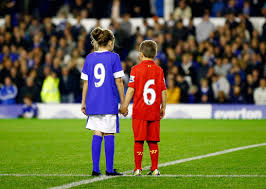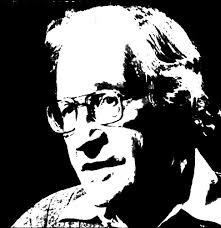‘The government has censored hundreds of websites and drafted a law regulating internet activities which, among other things, would make the ‘illegitimate trading of ideas’ online a crime punishable by up to 15 years behind bars.’
This quote is from the latest issue of The London Review of Books, and refers to the country that had a joyous revolution in 2011. People welcomed a freedom from dictatorship, meaning they would be free to express themselves without fear of torture or death. Mubarak had been in power for 30 years, and despite some early good works, became increasingly corrupt: a stolen election in 2005 and a net worth of 70 billion (gained through bribes and venality) contributing to his downfall.
I noticed at the time that the response from the USA was luke warm. Why weren’t Obama and colleagues not delighted at the freedoms gained by the people of Egypt? The people were deliriously happy with what were small gains by our standards. Who could argue with that? Well, the USA, Britain and France, to name a few. I am amazed now at my naivety in 2011, the hope I felt at the time, entirely misplaced. Obama’s secretary of state, Hilary Clinton, effused in 2009:
‘I really consider President and Mrs Mubarak to be friends of my family.’
Does that give you a clue as to why the USA was not celebrating? ‘…friends of my family’ – partners in stealing money at the expense of the people, at the expense of torture, death and corruption. You can add Cameron, Trump, May, Macron and many more to that roll of dishonour. But worse than them we have the new rulers of Egypt and their many helpers.
‘They are changing the books of schoolchildren, and rewriting history.’
says Basma Abdel Aziz, a novelist and dissident, who writes on the difference between official state rhetoric and the stubborn inconvenience of reality, the truth.
The families of protesters killed by live ammunition are told they must accept certificates giving ‘cardiac arrest’ as the cause of death before their bodies can be released from Cairo’s Zeinhom morgue.
Shaimaa el-Sabbagh, a , young mother and poet, was gunned down by police in 2014, the third anniversary of the revolution; she had been walking unarmed clutching a bouquet of flowers, which she had intended to lay in Tahrir Square. The government initially offered no explanation, then suggested that ‘Islamist infiltrators’ were responsible before finally arguing that her murder was really her own fault. ‘According to science she should not have died’, the forensic authority declared:
‘She did not have any percentage of fat. So the small pellets penetrated very easily, and four of five pellets that penetrated her body were able to penetrate her heart and lungs, and these are the ones that caused her death.’
In February 2016 a 24 year old taxi driver was shot dead. The official report into the incident declared that:
‘The police officer’s bullet mistakenly came out of the gun.’
There were almost 1000 forced disappearances in 2016, as well as more than 500 cases of individual torture, more than 300 cases of collective torture, and more then 100 deaths in detention.
‘We do not have forced disappearances and we do not have torture,’ the interior minister, Magdy Abdel Ghaffar, has asserted, ‘Exaggerating individual excesses is the aim of our enemies.’
Basma Abdel Aziz has written a novel, The Queue, where, in Egypt, reality itself has become subjective and legitimate criticism is blurred with doubt, where foreign powers incite public opinion to distort the image of the regime. Inhabitants queue at the gate, in a line of residents needing permits or other paperwork from the state. The queue stretches for miles. The gate never opens.
Egypt was a key partner in the CIA’s extraordinary rendition programme during the Bush War on Terror. Egypt’s security apparatus is seen as an asset by its allies, not an aberration, hence the USA not being overjoyed by the revolution.
‘If you want a serious interrogation, you send a prisoner to Jordan. If you want them tortured you send them to Syria. If you want someone to disappear – never to see them again – you send them to Egypt.’
In the past two years Egypt has signed new arms deals with the USA and France, while Donald Trump has called his Egyptian counterpart, President Abdel Fattah el-Sisi, ‘a fantastic guy’. In 2015 David Cameron rolled out the red carpet for Sisi at Downing Street; Theresa May has promised ‘a new chapter in relations between the UK and Egypt.’ The IMF is back to peddling unrealities of its own. The 2011 revolution came as a result of the miseries and corruption created by Egypt’s neoliberal reforms, which the IMF described as ‘prudent and bold’. The latest vicious reforms and austerity are dependent on a new 12 billion loan from the IMF, who describe Egypt as ‘an example of positive transformation’ albeit a transformation that requires ‘sacrifices in the short-term’ for its citizens.
In early 2016 the corpse of Giulio Regini, an Italian PHD candidate studying at Cambridge was found abandoned by the roadside. His neck had been broken and his body subjected to ‘animal-like’ violence consistent with torture by the Egyptian security services. The government responded with obfuscation and lies. Under domestic pressure (the public) Italy withdrew its ambassador, but since then a partnership has begun between Italian energy giant Eni and Egypt, and diplomatic relations have been restored.
A young man was stopped at a checkpoint for wearing a T-shirt declaring ‘Nation without Torture’. He was incarcerated and tortured for two years. His brother visited him in jail with a few books. The Queue was not allowed through. The officer explained that it was because the book appeared to ‘contain ideas’. Sisi’s regime has done its best to educate its citizens about the impossibility of changing their own reality. Last year armed police walked into a hospital and demanded that doctors falsify the medical reports of detainees that had been subjected to torture.
Sisi has spoken about the need to reform Egypt’s education system:
‘1 + 1 = 2…I don’t want that,’ he declared. ‘I want 1 + 1 = 3, or 5, or 7, or 9.’
The comment was intended as a critique of Egypt’s traditional teaching technique of learning by rote, but it could just as easily be describing his regimes worldview, or more accurately the reality it depends on for survival.
Aziz’s book, The Queue, reminds me of a quote by Karl Rove, a George Bush aid, that I never tire of repeating:
‘We’re an empire now, and when we act, we create our own reality. And while you’re studying that reality – judiciously, as you will – we’ll act again, creating other new realities, which you can study too, and that’s how things will sort out. We’re history’s actors…and you, all of you, will be left to just study what we do.’
At the time I thought that the quote and Karl Rove were signs of minority madness, but now, I’m afraid, I see it as typical of the new breed of politician, and of less clever members of the public. There are many of them. Graham Greene’s comment of many years back now seems typical of most politicians and great swathes of the general public:
‘In any government there grows a hideous establishment of stupid men.’
I think it’s a little worse than that now.



